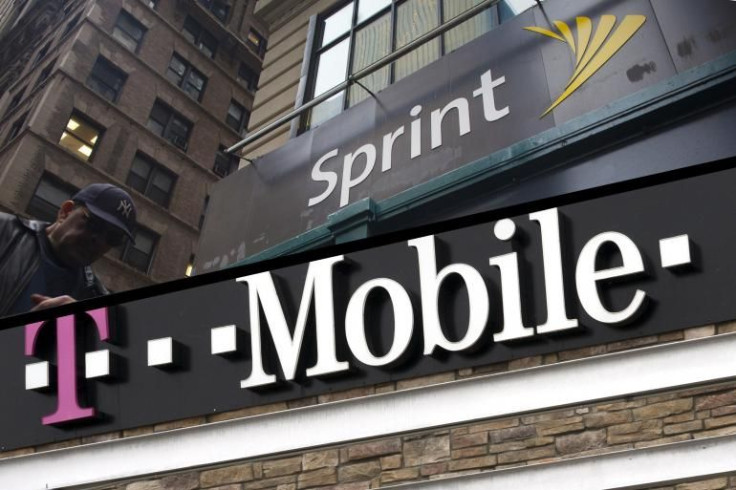Deutsche Telekom CEO: T-Mobile US (TMUS) Needs Merger To Move Forward

Though T-Mobile US, Inc. has been the fastest-growing U.S. carrier for more than a year, its future ultimately may depend on a merger, Tim Hoettges, CEO of parent company Deutsche Telekom told Re/code in an interview at the DLD conference in Munich. Hoettges said that T-Mobile’s current business model is unsustainable and that the carrier needs to invest between $4 billion and $5 billion just to keep pace with rivals.
T-Mobile has boasted significant subscriber gains for several consecutive quarters; in its third quarter it added 2.3 million subscribers to bring its total to 52.9 million. But the network has yet to make a profit. Its third-quarter results yielded a loss of $94 million, or 12 cents per share. Prior to its fourth-quarter earnings report, T-Mobile announced that it added 2.1 million wireless customers to its network.
T-Mobile CEO John Legere insists the company has no plans for a merger and is gunning to overtake Sprint as the third-largest mobile network in the U.S. However, Hoettges said he was “intrigued” by the idea of T-Mobile and Sprint merging to create a “super-maverick in the market.”
The 2016 election could provide the right political environment for such a deal, depending on who ends up taking the presidency.
“Typically, Democratic administrations like industries that consolidate down to four players and prevent any mergers that consolidate it further down. Republican administrations often let it go down to three nationwide players,” Recon Analytics analyst Roger Entner said last August. “There is a hope for T-Mobile and Sprint to get together if there is a Republican sitting in the White House.”
Going from a struggling network to the fastest-growing carrier in the U.S. shows that T-Mobile is moving in the right direction, Hoettges said Monday. “We have done what we had to do,”Hoettges told Re/code. “We had built an infrastructure and this infrastructure had to get utilized and we did that with very aggressive promotions.”
© Copyright IBTimes 2025. All rights reserved.




















